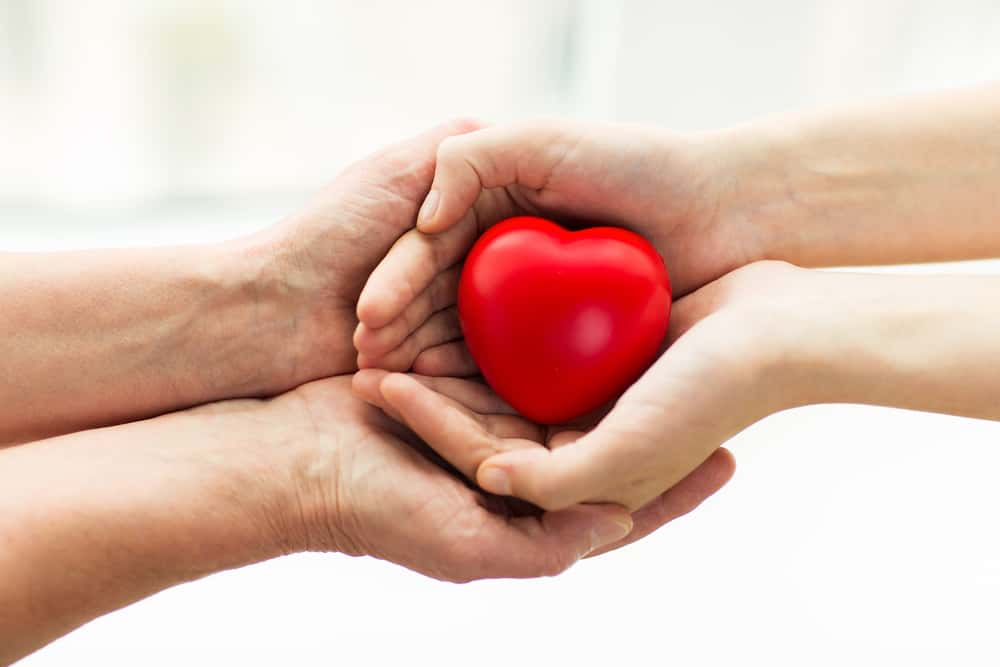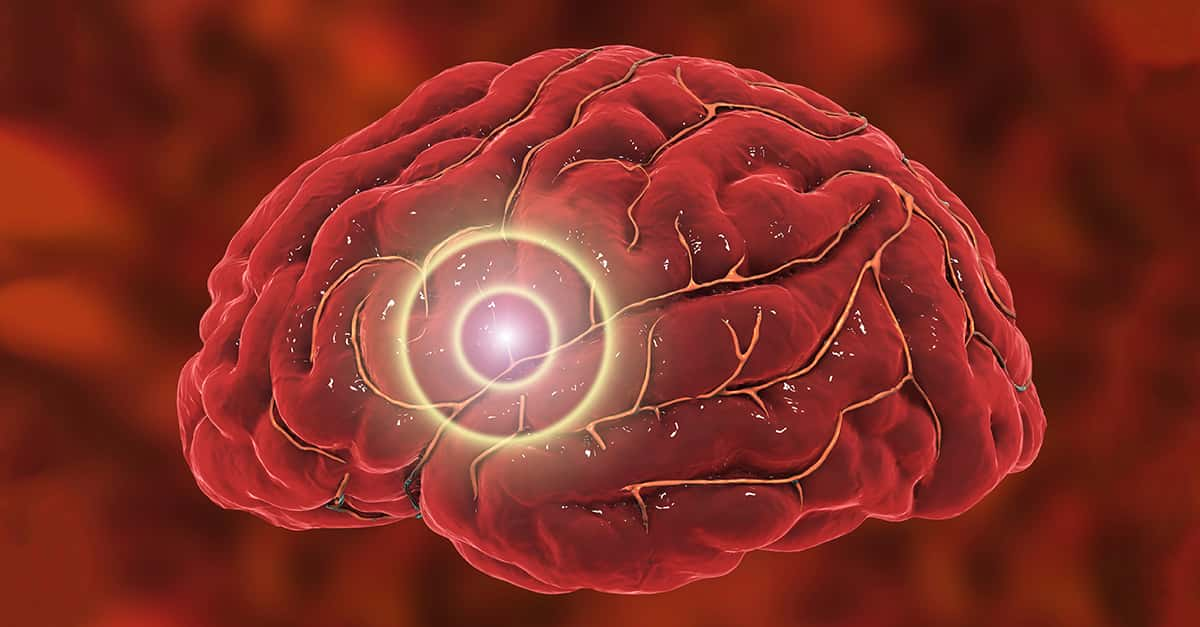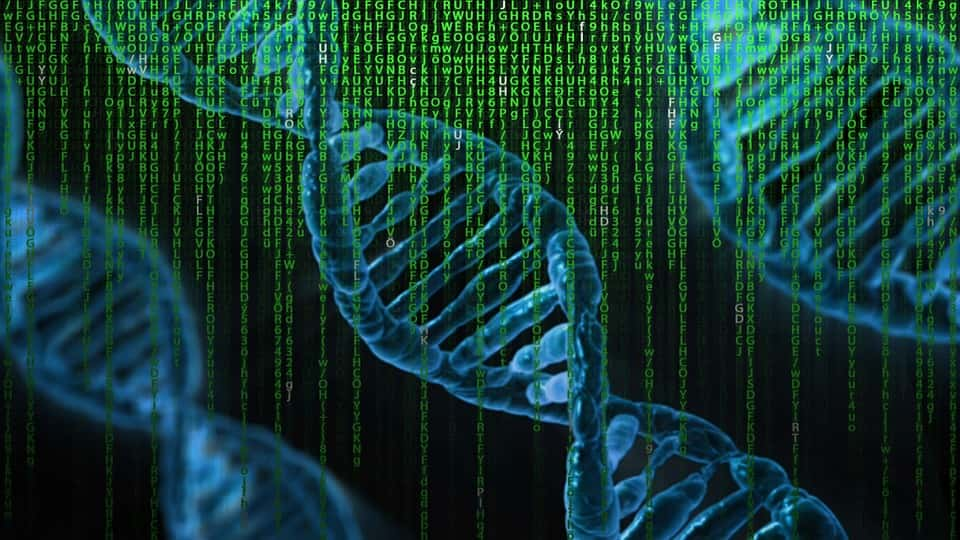We’ve all experienced the feeling. It’s inspired some of the greatest achievements in human history: from poems, to paintings, to architecture, to military campaigns. Perhaps it’s understandable, then, that its mysteries are among the most enduring questions in human history. So what is love?
Speculation about the answer to this question has always run wild. In the early years of civilization, explanations often veered toward the spiritual or supernatural. Passion was as likely to be caused by the intervention of some micro-managing god as it was to come from natural human emotions.
Recently, though, our understanding of love and the science of attraction has become at least somewhat more sophisticated. At a very basic level, romance is one of the most powerful forces in any person’s life. It’s a critical aspect of what makes us human. Scientifically speaking, though, love is a bit more complicated. It’s an interplay between psychological and physiological forces.
It’s also genuinely fascinating. Let’s dive in.
The Science of Attraction
For centuries (if not thousands of years), people have speculated that love comes from the heart. It’s not hard to see why—spending time with someone we find attractive can often feel like something akin to a full-body workout. In reality, though, science has increasingly found that chemical processes in our brain control our experience of love, just as these processes do with ambition, aggression, or any other human emotion.
Speaking simplistically, hormones like adrenaline, dopamine, and serotonin drive attraction. In fact, they are the same hormones the brain releases when a person encounters other new, pleasurable experiences.
Kinds of Love
Then again, however, there isn't just one kind of love—or one chemical reaction to it. To help explain the complexities of love, a few experts in the field have begun to differentiate a range of experiences we might feel in relation to sex and attraction. For example, Dr. Helen Fisher of Rutgers University in New Jersey studied the experience of love in three separate categories: lust, attraction, and attachment.
According to her research, a different set of hormones governs each of these categories. Lust is the product of the sex hormones, testosterone and estrogen. Attraction, meanwhile, comes from the pleasure centers of the brain, which use dopamine, norepinephrine, and serotonin to dictate behavior. Finally, attachment is the emotional response to the release of vasopressin and oxytocin.
What Is Sexy?
Still, chemical changes are only part of the whole picture. When it comes to choosing a partner, we may also be at the mercy of our subconscious, and researchers studying the science of attraction often draw on evolutionary theory to explain the way humans pick partners. This makes sense, since it's to our advantage to mate with somebody with the best possible genes. These genes will then be passed on to our children, ensuring that we have healthy kids, who will pass our own genes on for generations to come.
Romance vs Family
There are even behavorial aspects to the different kinds of love. Besides chemicals, why is it that we love our friends so fully and deeply, but in a totally different way than we love our significant other(s)? Some people have argued that the ultimate deciding factor between romantic and platonic love is the fear of abandonment, or conflict. In romantic love, we must constantly compromise and avoid conflict in order to keep the love alive, while platonic love is more stable and resistant to conflict, so we more easily say and do what we mean around our family and lifelong friends.
And then of course, there is the dark side of love...
The Pain of Love
Everything mentioned so far paints a fairly positive picture of love and romance—whether it be in our hormones, our evolutionary biases, or our behaviors. Indeed, when most of us picture love, we picture happiness. Yet in reality, love can be a dark and complicated affair. Jealousy, pain, and anger are all also part and parcel to the game of love.
So what explains this dark side of love?
One important aspect is the relationship that the so-called “happy hormones” (serotonin and dopamine) have to painful experiences like addiction. Similar to the brain of someone in the throes of substance dependence, a person in love can quickly become hooked on the associated release of pleasurable hormones in the brain. That dependency, in turn, often leads to desperate and harmful behaviors. We will call our lover one too many times, lash out in jealous rages, or else pine away in unrequited passion to the detriment of other aspects of our lives.
As it turns out, when it comes to pleasure seeking, our brains are hardwired to do everything they can for a quick fix.
Fight for Love
In the end, though, there may not be much we can do to shield ourselves from the negative aspects of passion or to avoid falling for someone. With all these various factors at play, one study suggests that our brains already decide we're in love (or not) within 90 seconds to four minutes of meeting someone. So be careful out there, and don't get addicted to romance if you can help it!
But then again, maybe that's exactly what you should do. Done right, isn't love the most wonderful thing in the world?
Interested in more of the mysteries of human behavior? Check out Why Do We Dream?





















